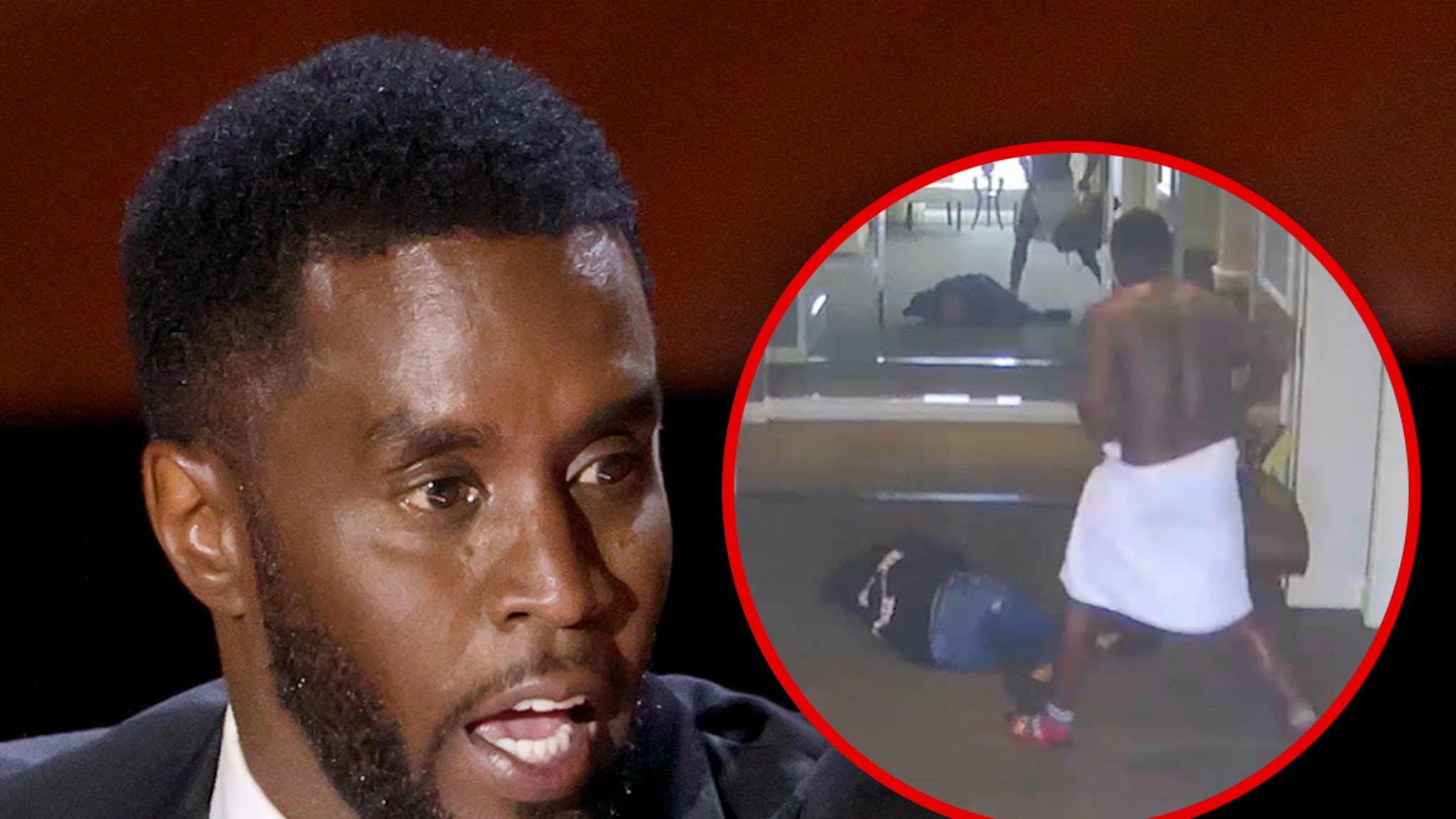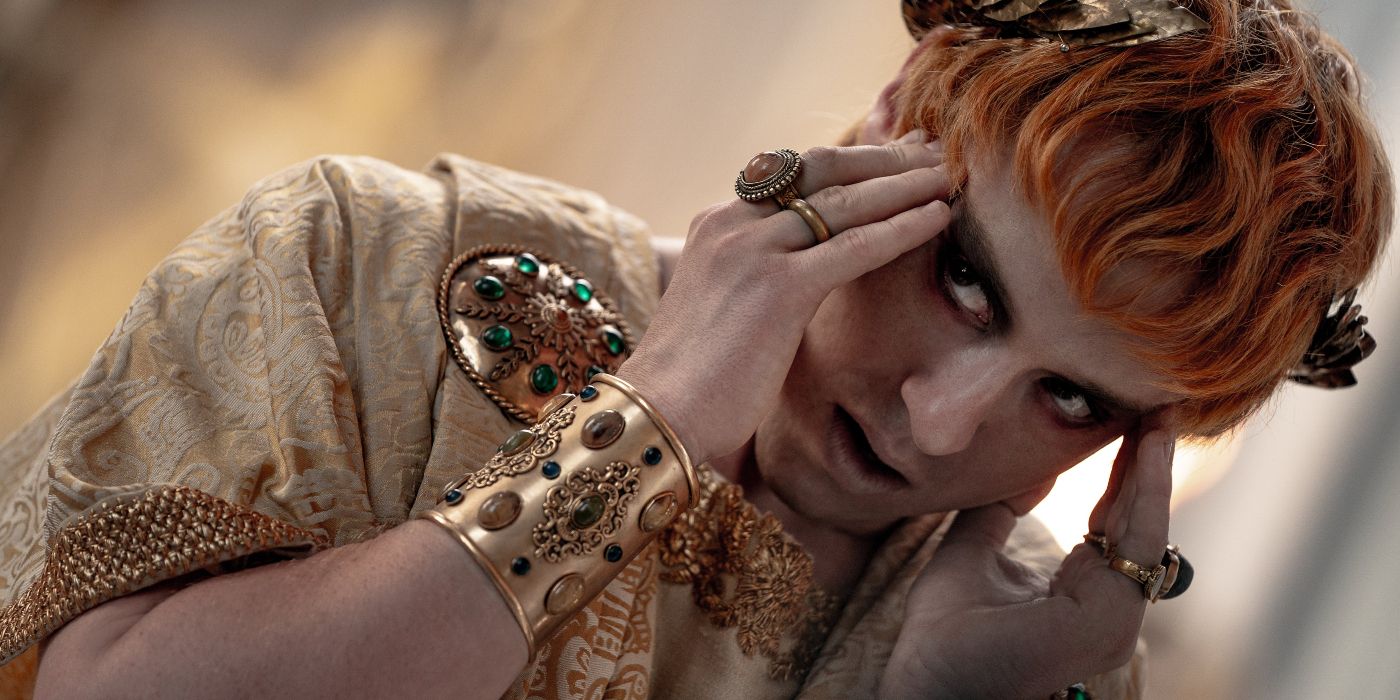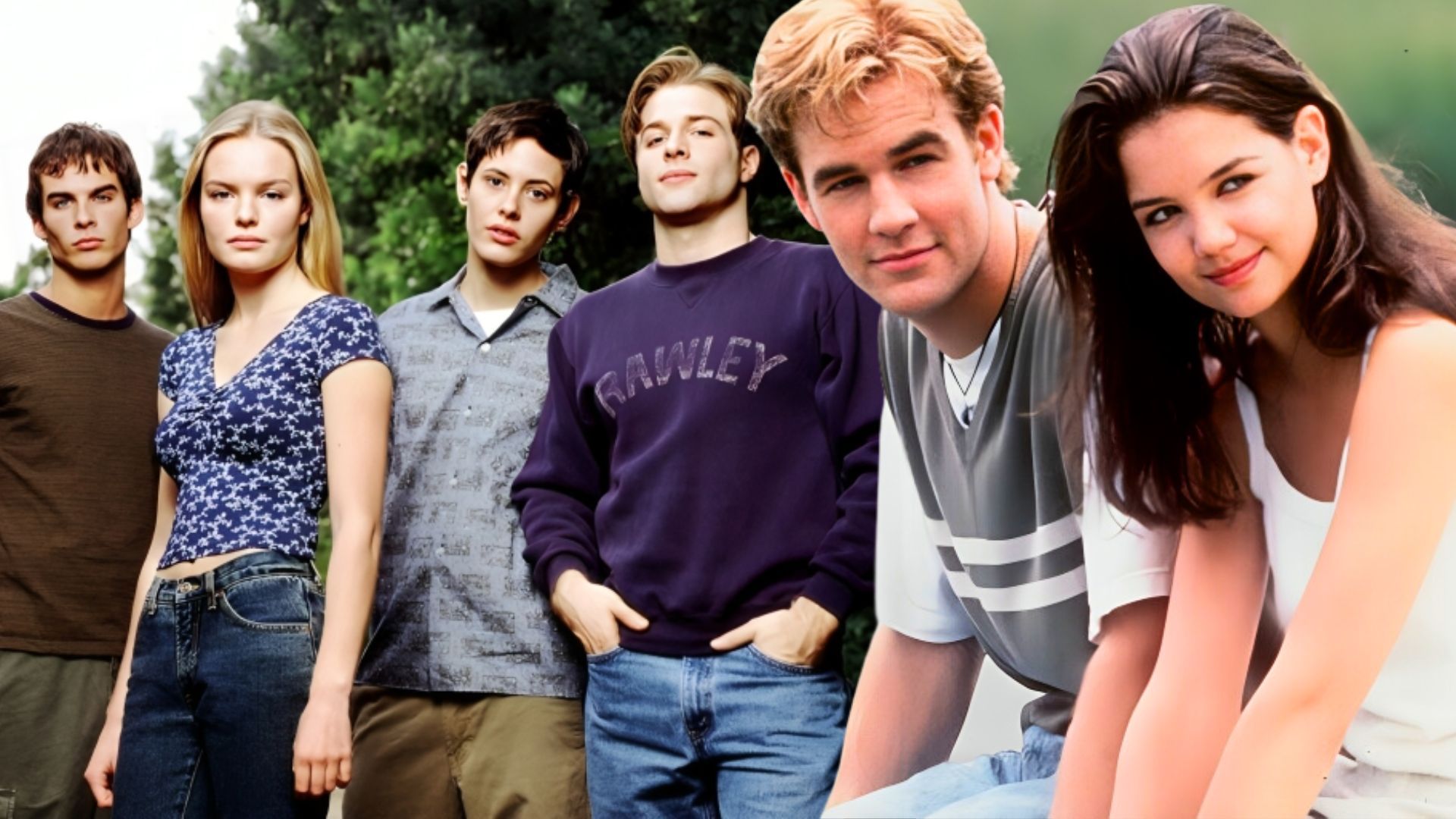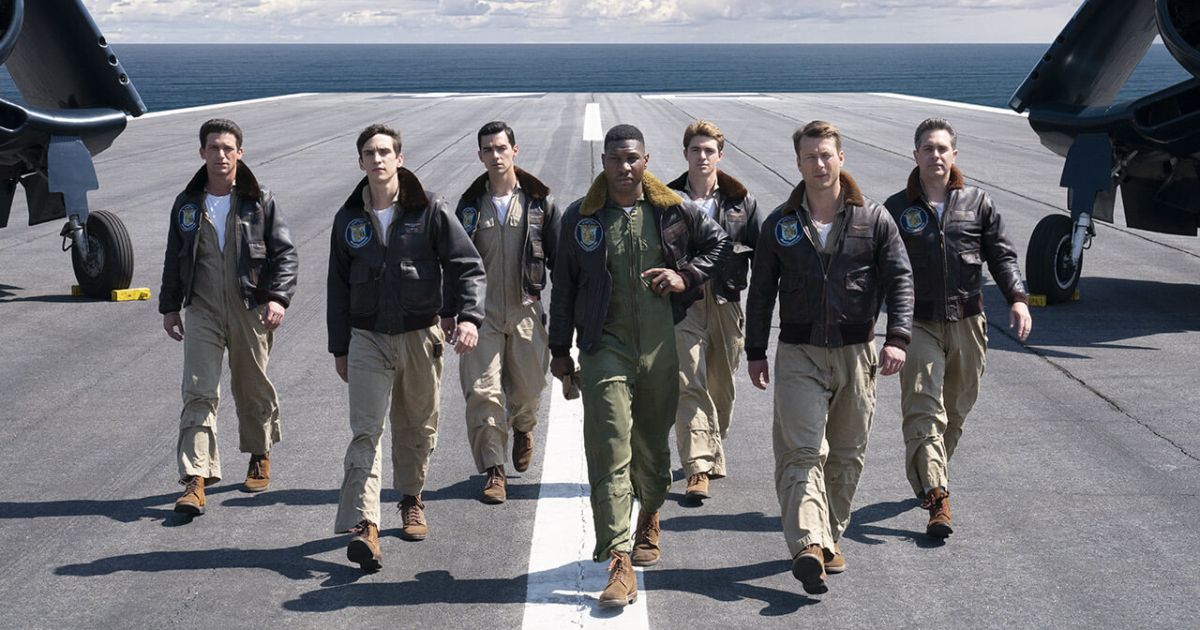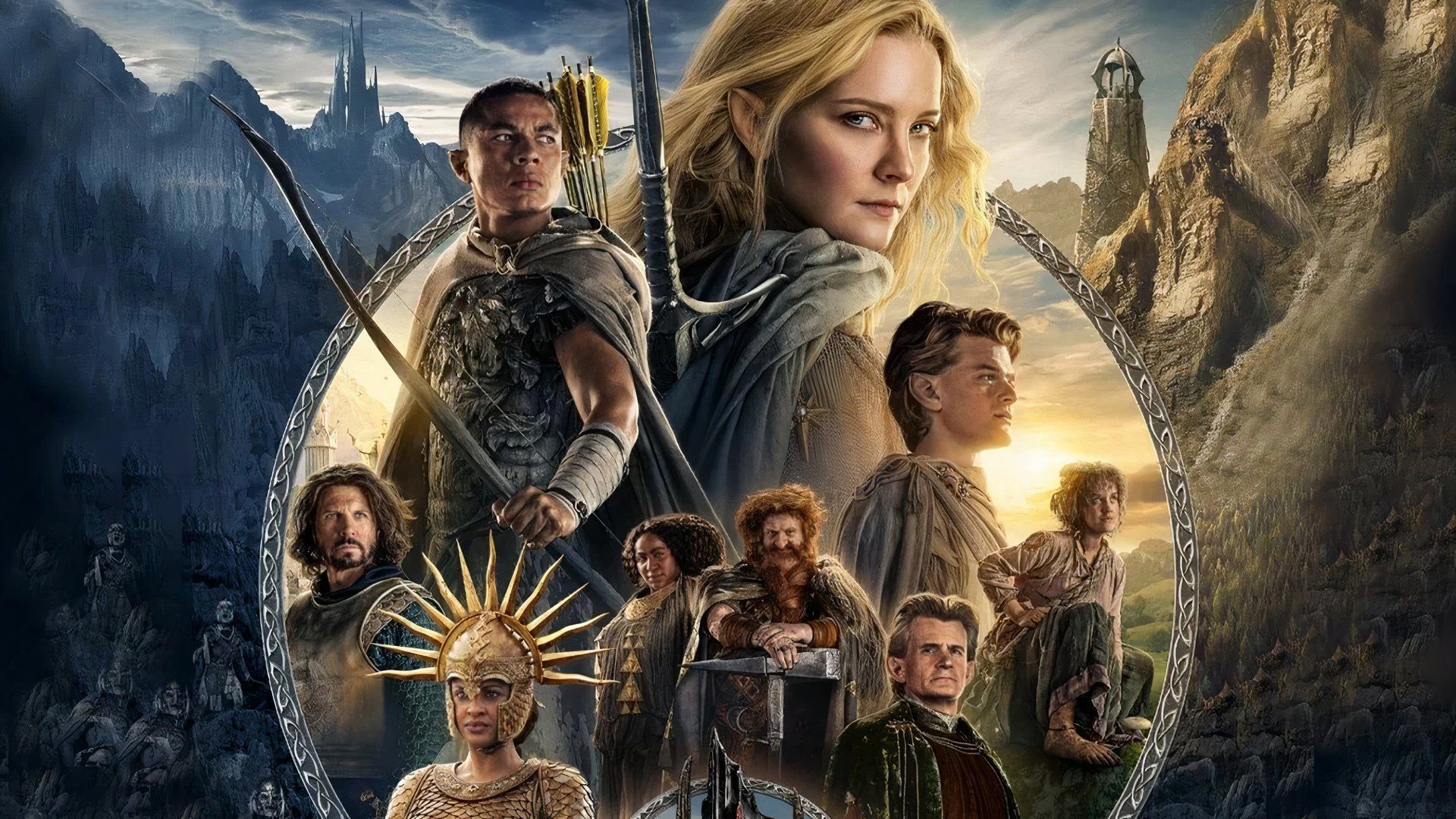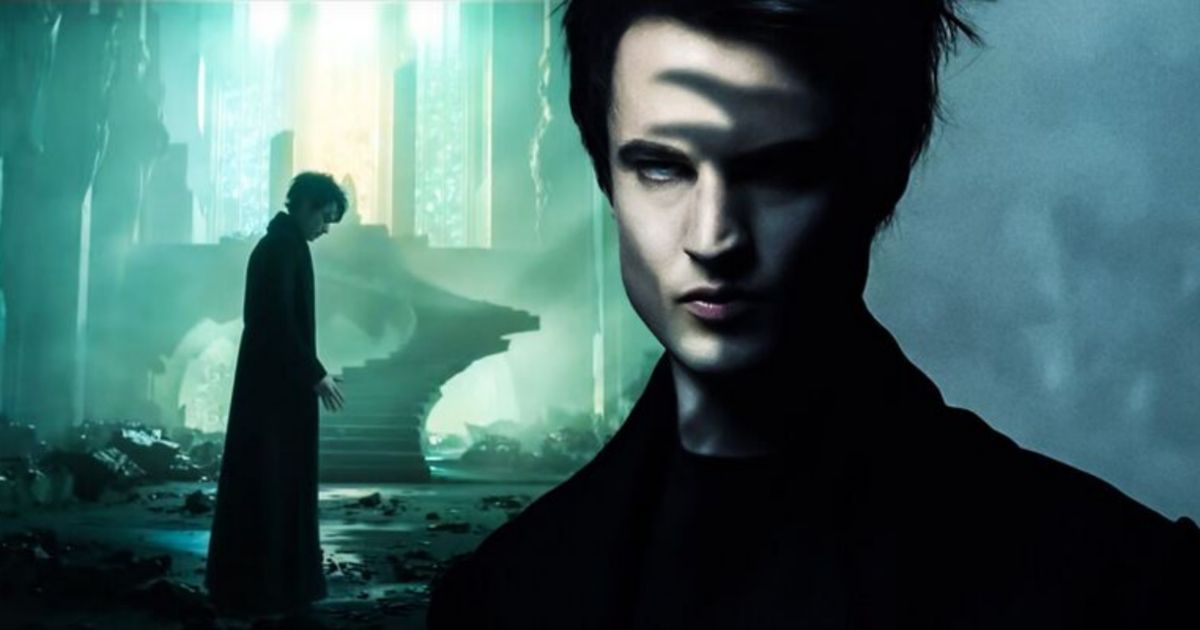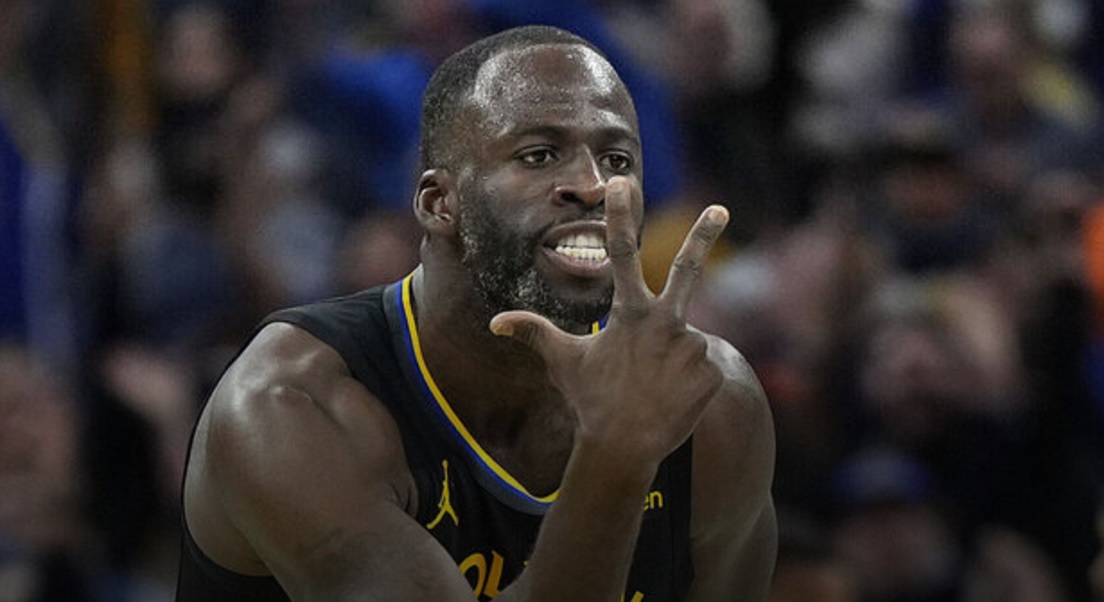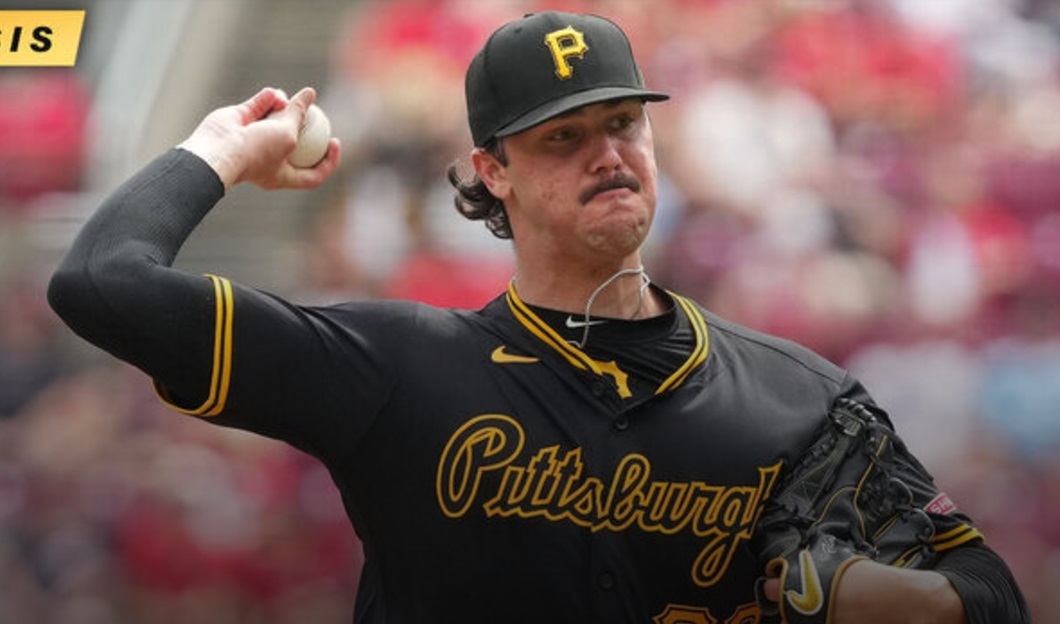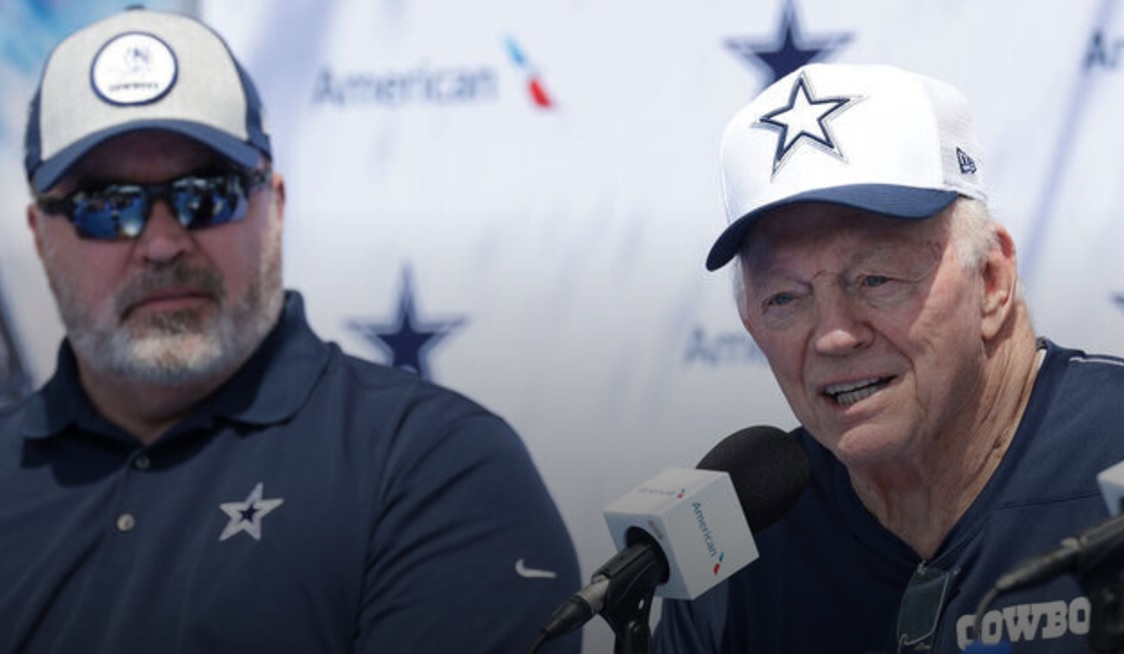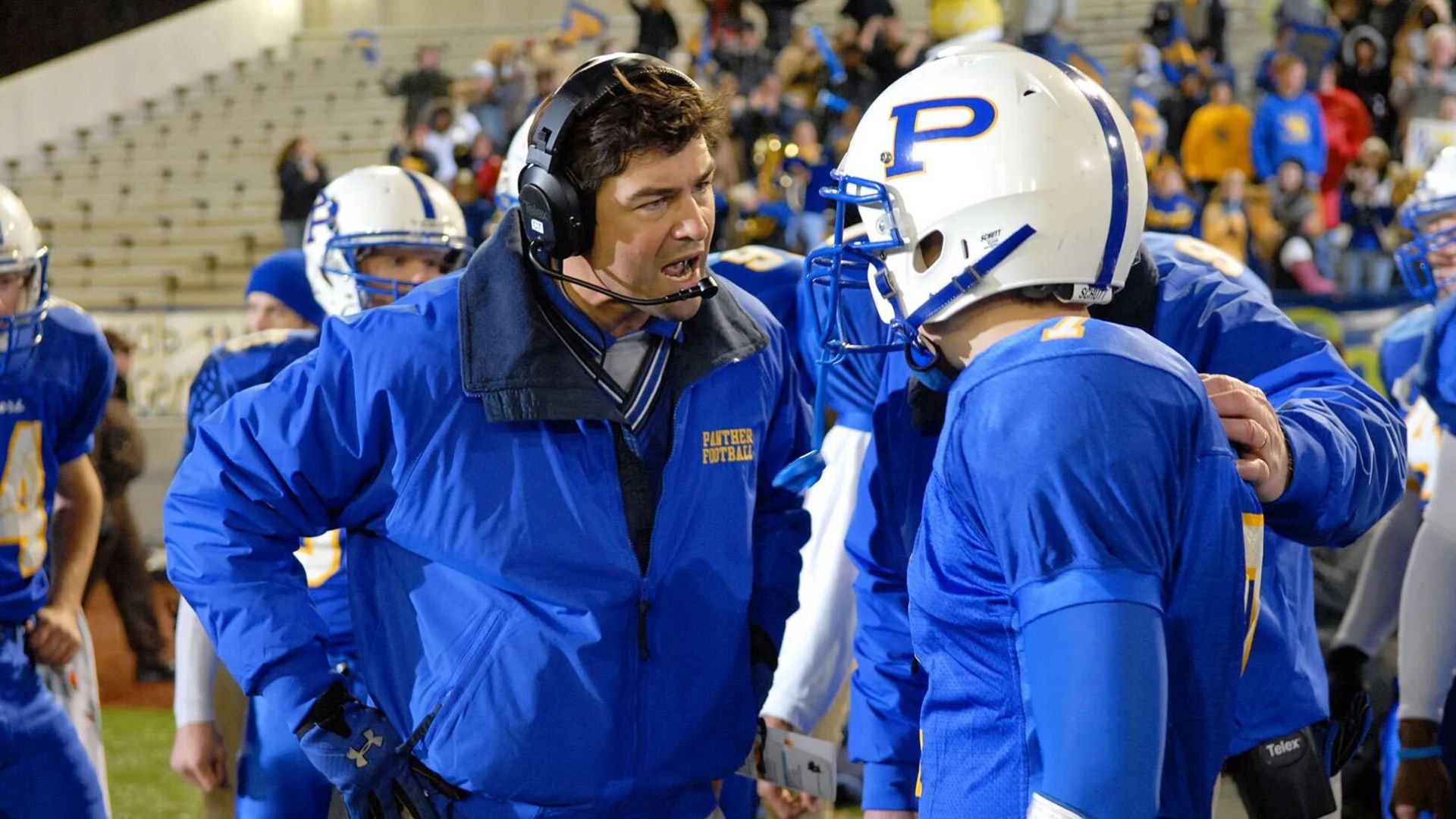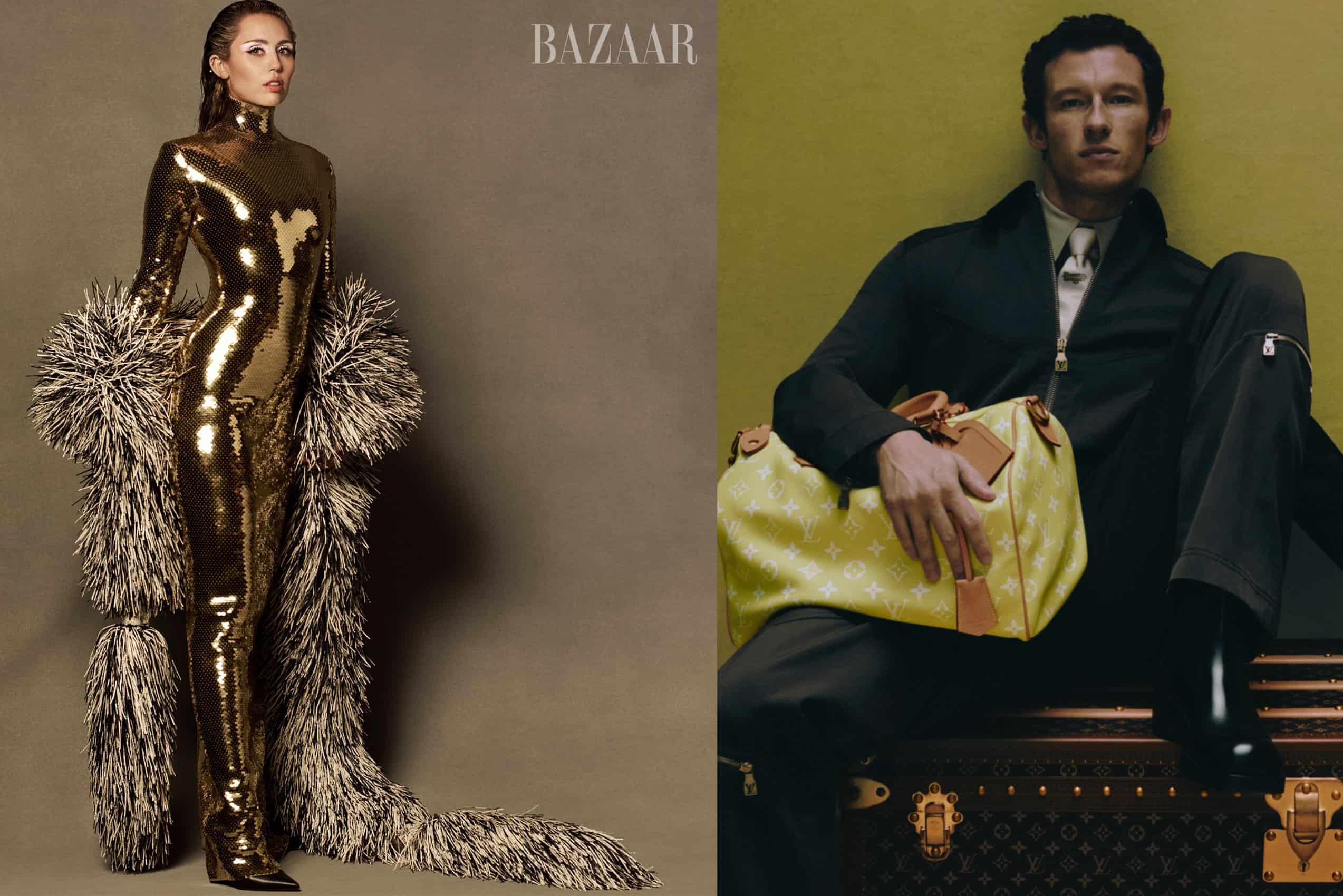Nick Nolte once said that judging a character on their moral flaws will always inspire a bad performance. Gandfolini brings empathy to both Tonys without apologizing for the scary side. He understands that Tony isn’t just a bad guy, isn’t just a gangster, but a creature of aching complexity.
“The Many Saints of Newark,” a prequel film to “The Sopranos,” gives us Tony as a teenager. Tony once told Paulie that “remember when” is the lowest form of conversation, and yet this is exactly what the film does. It plays like a medley of memories, showing us the confluence of influences that lead Tony down the path of the mafioso, the ideation and alienation felt by the American teenager and how desperate they can be to find a male mentor, someone to guide them, teach them, protect them. It’s directed by Alan Taylor, and written by series creator David Chase. Gandolfini’s son, Michael, plays young Tony. It could have been a bit of gimmick casting, a way to get the Gandolfini name on the poster, but the kid isn’t bad. Tony finds a manly role model in his uncle, Dickie Moltisanti (Alessandro Nivola), father of Christopher, who was tormented by the unexplained murder of his father. (Remember that time Tony tricked Christopher into killing a man he says killed Dickie?) Here, we see Dickie as the quintessential bad influence, a guy who wants his nephew to grow up into a hoodlum. We are reminded of Tony’s relationship with Christopher, of Tony’s growing chagrin; we think of A.J. and his awful facial hair, lousing around, the acrimony with which he spits out every sentence to his parents.
We see the Two Tonys when he speaks with his therapist, Dr. Melfi (Lorraine Bracco). Their conversations hark to the dialogue between Rameau and his nephew. They discuss children, money, the elusive nature of genius; as Diderot writes about the character of Him, “[he’s] a mixture of the sublime and the base, of good sense and irrationality.” Does this not also describe Tony? And the narrator extols the rectitude of crime and the acquisition of money above all else. Is this not also Tony? These sessions between Tony and Melfi are the collision of two steadfast minds, the sea crashing upon a bulwark. Tough guy Tony bemoans the logorrhea and self-pity of modern men, a society bereft of strong, silent types (though he later finds himself enamored by Nick Nolte’s manly man with a sensitive side in Barbra Streisand’s adaptation of Pat Conroy’s Prince of Tides). And it is here, on the shrink’s chair, that Tony lets his emotions flow out unfiltered, elucidating on his nephew, his son, his legacy. Tony is “a man proud, moody, cynical, with defiance on his brow, and misery in his heart, a scorner of his kind, implacable in revenge, yet capable of deep and strong affection,” as Lord Macaulay put it, describing Lord Byron’s tortured men. Like a Homeric hero, Tony is always at war, and he is Quixotic in his lamentations about being born in the wrong era. Tony has his own windmills to fight. Like a Homeric hero, Tony Soprano is always at war, and he is Quixotic in his lamentations about being born in the wrong era.
Tony, the Prince of Tides, the Boss, who has an IQ of 138 and says “irregardless.” As John Cassavetes once said: “Most people don’t know what they want or feel. And for everyone, myself included, It’s very difficult to say what you mean when what you mean is painful. The most difficult thing in the world is to reveal yourself, to express what you have to…” Tony wants to be remembered for being a good guy, a family guy. When Christopher produces a movie called “Cleaver,” which he pitched as “Saw” meets “The Godfather,” Tony is hurt by his depiction in the film, a greedy, fat, knavish man who trundles around in his white bathrobe barking orders at his subordinates. It ends with the knife-wielding zombie man killing the churlish Tony surrogate, which doesn’t sit well with the big guy. (This is, of course, a contribution to Tony’s decision to let Chris die.) Tony waxes nostalgic with Dr. Melfi, telling her a story about Tony taking young Christopher for a ride in a cart, back when Satriale’s made deliveries, but when reminds Christopher of the good times, he doesn’t remember. “All those memories are for what? All I am to him is some asshole bully.” Tony can’t, or maybe won’t see or understand that he is an asshole bully, but that isn’t all he is. Tony doesn’t recognize his duality. Tony says that Dickie was to him what he is to Christopher. “He was a f**king guy you could look up to,” Tony says. “And the hope is that you pass that shit down.” What does Tony pass down?
You can view the original article HERE.

